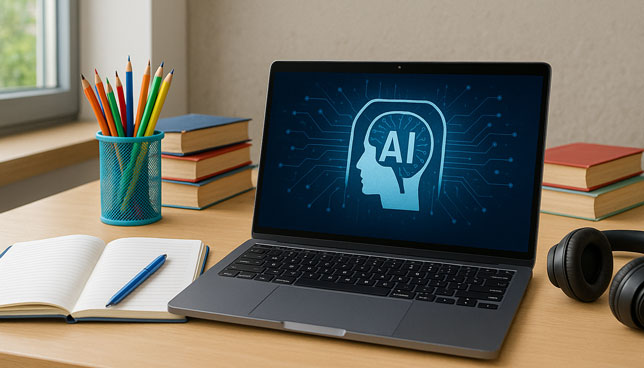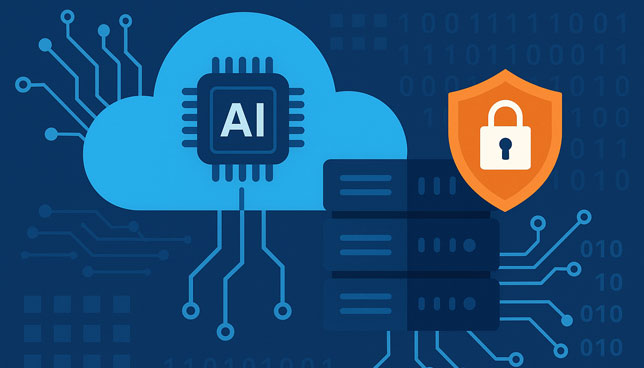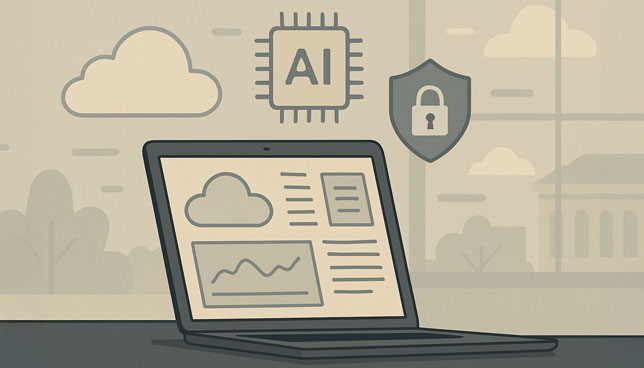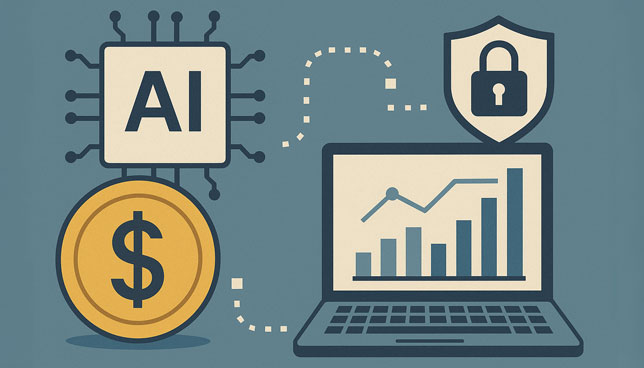
Ninety-three percent of students across the United States have used AI at least once or twice for school-related purposes, according to the latest AI in Education report from Microsoft.

Nearly nine out of 10 organizations are already using AI services in the cloud — but fewer than one in seven have implemented AI-specific security controls, according to a recent report from cybersecurity firm Wiz.

A report from OpenAI identifies the misuse of artificial intelligence in cybercrime, social engineering, and influence operations, particularly those targeting or operating through cloud infrastructure. In "Disrupting Malicious Uses of AI: June 2025," the company outlines how threat actors are weaponizing large language models for malicious ends — and how OpenAI is pushing back.

A recent academic study found that as organizations adopt AI tools, they're not just streamlining workflows — they're piling on new demands. Researchers suggested that "AI technostress" is driving burnout and disrupting personal lives, even as organizations hail productivity gains.

A new Varonis data security report notes that excessive permissions and AI-driven risks are leaving cloud environments dangerously exposed.

In a recent survey by Anthology, only one in five faculty (22%) said they consistently consider accessibility when designing course materials. And just 11% felt they had the right tools and training to create accessible course content.

The vast majority of today's college students — 93% — believe generative AI training should be included in degree programs, according to a recent Coursera report. What's more, 86% of students consider gen AI the most crucial technical skill for career preparation, prioritizing it above in-demand skills such as data strategy and software development.

A recent report from Microsoft reinforces warnings about the critical role Active Directory (AD) domain controllers play in large-scale ransomware attacks, aligning with U.S. government advisories on the persistent threat of AD compromise.

Global IT leaders are placing bigger bets on generative artificial intelligence than cybersecurity in 2025, according to new research by Amazon Web Services (AWS).

A new threat landscape report points to new cloud vulnerabilities. According to the 2025 Global Threat Landscape Report from Fortinet, while misconfigured cloud storage buckets were once a prime vector for cybersecurity exploits, other cloud missteps are gaining focus.